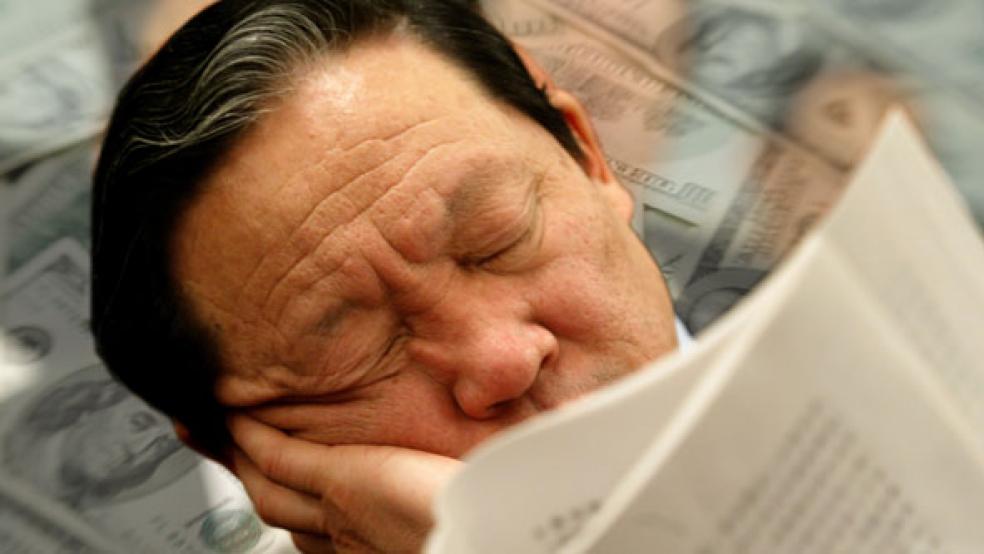This is what your brain is like on too little sleep. It’s cranky, it doesn’t remember details well, and you’re more likely to make poor decisions.
Last year the CDC called insufficient sleep “a public health epidemic,” one that’s affecting about 50 to 70 million Americans a year. The global sleep aid market totaled $54.9 billion in 2013.
Sleep deficiency and deprivation can put us at increased risk of accidental injuries, diabetes, stroke, heart attack, high blood pressure, and obesity. Because the same neurotransmitters—epinephrine, dopamine, and serotonin—are used to regulate both mood and sleep, long-term sleep deprivation can result in anxiety, mood disorders, depression, panic attacks and at the extreme, psychotic breaks.
Related: How a Bad Night’s Sleep Can Derail Your Career
People who get too little sleep can feel the effects after just one night. Didn’t sleep well last night? Here’s what one night of tossing and turning can cost you.
You can suffer mild cognitive impairment. Missing even 90 minutes of sleep for one night can reduce your daytime alertness by as much as 32 percent.
You may feel a short burst of energy, and then crash. With too little sleep, the brain’s reward circuits get a boost and become more active. Those feel-good neurons can make it likelier for you indulge in risky or irresponsible behavior.
Your body burns an extra 161 calories, but it will be harder to get anything done the day after. Your body tries to make up for a sleep deficit by saving more energy the next day and night, causing you to feel even groggier.
You read people’s faces less accurately, and are more likely to perceive hostility or social threat. Skipping deep sleep, the REM kind, can make us less effective at reading people’s facial expressions, especially the complex kind. It also can make us more inclined to see and perceive social threats, and treat friends as foes. So if you’re feeling a little testy or paranoid, take a nap or get more sleep.
Related: 10 Ways Sleep Is Now Big Business
You may increase your risk of Alzheimer’s. Did you know that while you’re sleeping, your brain is clearing out waste? At the Alzheimer’s Association International Conference last week, researchers reported that the build-up of toxic proteins or gunky beta-amyloids in the brain can keep you from getting the deep sleep you need, resulting in mild cognitive impairment and memory problems that can sometimes lead to Alzheimer’s. (Sleep apnea resulted in a nearly two-fold risk of Alzheimer’s.)
Your circadian rhythms can change. The regulation and activity of clock genes are altered after just one night of sleep loss, according to Swedish researchers at Uppsala University and the Karolinska Institute. Clock genes control our circadian rhythms. (You’ll notice them when you’re experiencing jet lag.) The results of this study will appear in the Journal of Clinical Endocrinology and Metabolism.
It’s easier to trick you into believing false memories. Sleep deprivation impairs cognitive function, making it easier to implant false memories. One study found that under certain conditions, 24 hours of sleep deprivation can increase the risk of developing false memories. That’s one reason sleep deprivation is considered a form of torture.





